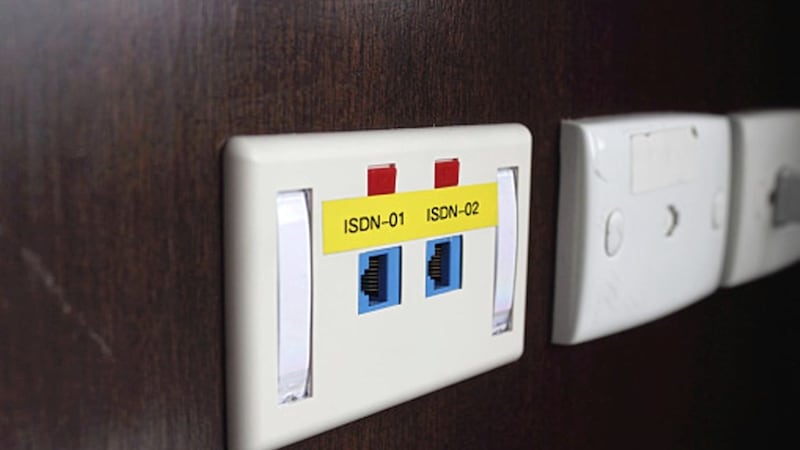SORRY, you’re breaking up…or you might be, as now could be the time to split with your current phone system to save your business both money and time.
When compared to innovative, intuitive technologies - cloud-based software and storage for example – it is the traditional systems, like your phones, that can often take a back seat.
Technology has become both more powerful and more integral to business communications since the early days of ISDN. ISDN was first rolled out in the 1980s and still relies on copper cables, making it quite an expensive necessity. As a result, industry giant BT has announced plans to make new ISDN connections unavailable from next year with the intention to eradicate the technology completely by 2025.
Granted, a five-year deadline might not have you springing into gear, but BT’s move highlights that businesses should be prioritising their telecommunications and keeping up to date with the new voice technologies available, to ensure they are getting the best value and using the best performing systems for their business.
Fortunately, we’re already seeing a lot of businesses swapping out ISDN for newer technologies such as VoIP or Hybrid systems. But what advantages can these newer options bring to your business, especially to your bottom line?
Let’s start with VoIP or Voice Over Internet Protocol, which are calls made over the internet, and fast becoming a big business player because of its incredible cost-effectiveness.
You probably already have internet so consolidating your phone and internet would make sense.
VoIP will keep your existing number so it’s a straight-forward switch that won’t upset your customers or potential customers and is incredibly flexible and can deliver additional telephone system features.
In addition, you can access your VoIP system using any broadband connection simply by logging in and making calls from anywhere in the world, so you’re always connected to your staff and clients, allowing you to conduct videoconferencing and improve individual and team productivity.
Another option is a hybrid system which, as the name suggests, is a combination of telecom options. The best of both worlds, a hybrid system combines your existing onsite telephone system with a cloud-based phone system.
It delivers all the cost-saving, flexible benefits of VoIP, but gives businesses an added layer of security in that it doesn’t solely rely on internet. So, if you ever experience slow internet or your server crashes, a hybrid system will ensure quality of calls through the traditional PSTN network – you’ll never miss an important call again.
It’s likely that in a few more years all systems will be cloud-based, but a hybrid system is a great interim option whilst we wait on broadband speeds and quality to improve in certain areas. Installing a hybrid system will mean that you’re well set up for VoIP when the time is right for you to go cloud-based.
With so much change on the horizon for the telecommunications industry, it’s time to make the call on whether your current phone system is the best for your business in the long run.
:: Eric Carson is director of Rainbow Communications and can be contacted via www.rainbowcomms. com. Rainbow Communications can also be followed on Twitter: @Rainbow_Comms








